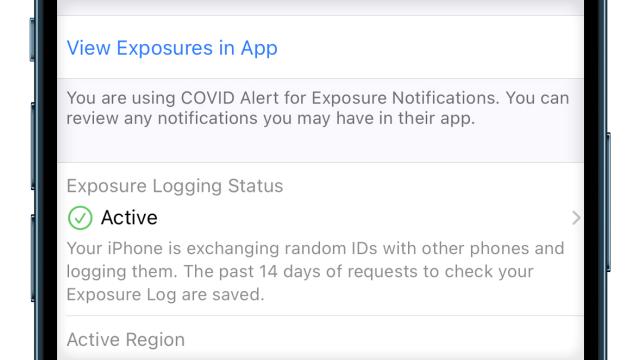If you were one of the millions of people who recently upgraded to an iPhone 12 or 12 Pro and used Apple’s automated tools for transferring everything over from your old phone, you’ll probably want to take a moment to ensure that your contact tracing app of choice — either region-specific or the one built into iOS, is active and keeping tabs on who you cross paths with.
Applying a backup of your old iPhone (either through iCloud or iTunes on a computer) to your new iPhone is the easiest way to ensure everything from your old device — apps, photos, messages, contacts, etc. — ends up on your new one. The process doesn’t take care of everything, however. While some apps and services requiring a login and permissions are carried over automatically, there’s usually quite a few that require you to manually login or set them up again, which can include allowing them to send you notifications and interact with other devices over Bluetooth. That is how the contact tracing technology works.
If you’ve recently switched iPhones, it’s a good idea to open iOS 14’s Settings, head to the Exposure Notifications section in the main list you can check to ensure that the Exposure Logging Status is currently active. If you’re using a local region-specific app, such as the NHS Covid-19 app in England and Wales that the BBC specifically references, or the COVID Alert app available in Canada, it’s also a good idea to open them up and ensure they’re active and functioning properly.
You might be tempted to go the easy route and simply delete the contact tracing app you’re using, all of its data, and then go through the setup process again after reinstalling it, but it’s not advisable. In the process you’ll also be losing the past two weeks of contact data the app has collected, leaving you at risk of not being properly notified should someone you were in contact with be diagnosed with covid-19.
